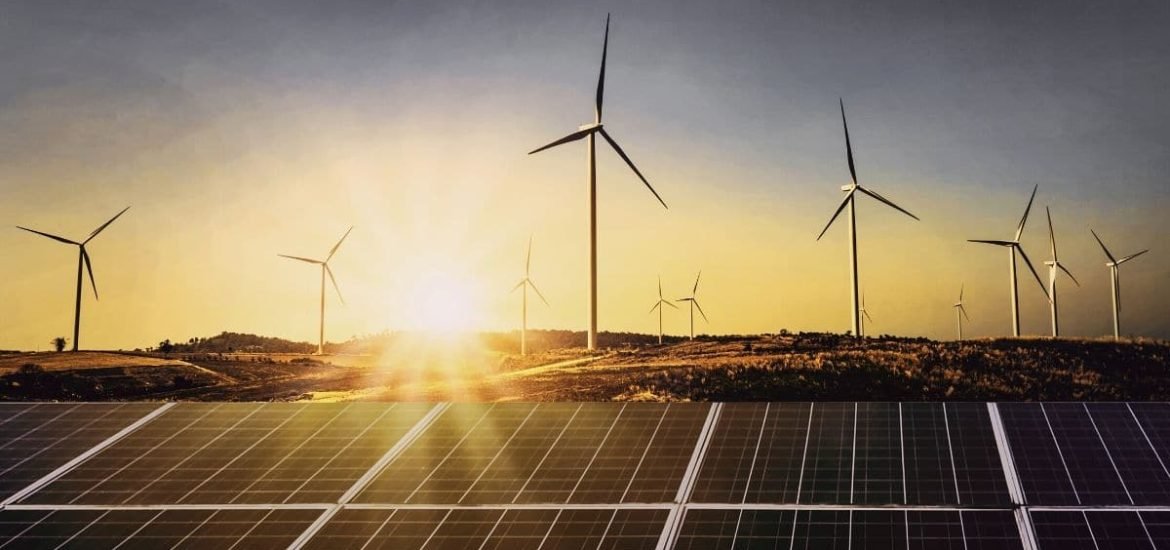
Last Thursday, the European Investment Bank (EIB) announced that it would cease funding for fossil fuel energy projects in 2021, making it the first ‘climate bank’. The unprecedented move by the largest multilateral financial institution in the world is a boon for the climate and will promote cleaner forms of energy by prioritising energy-efficient and renewable-energy projects.
Climate change has become the biggest issue of our time and Christine Lagarde, the incoming president of the European Central Bank, has pledged to make climate more of a focus. The EIB landmark announcement shows the bank intends to play a much bigger role in supporting low-carbon technologies and the proposed European Green Deal.
The new policy was approved with “overwhelming” support and is part of the wider goal of cutting carbon emissions by at least 40 per cent and obtaining 32 per cent of energy from renewables by 2030 — to meet the targets of the Paris Agreement. Reducing greenhouse gas emissions could help stave off the increasingly more frequent heatwaves, storms, and flooding linked to global warming.
What does the new policy mean?
The EIB will stop funding projects for coal, oil and natural gas at the end of 2021 and “align all financing activities with the goals of the Paris Agreement.” Although the new strategy could have been implemented much sooner, two years should provide sufficient time to complete any projects currently underway.
Funds previously spent on polluting projects will be redirected to “clean energy innovation, energy efficiency and renewables.”
The new Emissions Performance Standard more than halves the current 550 grams standard, reducing it to 250 grams of carbon dioxide per kilowatt-hour — which effectively bans traditional gas-burning power plants. Therefore, to be eligible for financing, energy projects must significantly curb their emissions performance.
The bank also plans to establish a “Just Transition Fund” targeting EU countries that rely heavily on fossil fuels but do not have the capabilities or face “specific energy investment challenges.”
In addition, the EIB will support projects aimed at modernising the electrical grid, technologies to manage the intermittency of wind and solar power, as well as “decentralized energy production, innovative energy storage and e-mobility.”
After much heated debated, the EIB board of directors agreed to include natural gas in the ban. Critics argue that a softer energy transition via natural gas is the best way to target lower carbon dioxide emissions and the policy might actually make it harder for Europe to meet Paris Agreement targets.
The EIB policy to end funding for fossil fuel projects does include several ‘loopholes’, according to 350.org, an NGO based in Germany. For example, the EIB will continue to fund any project added to the “projects of common interest” list before 2022, including more than 50 gas projects, and could allow some European countries to remain dependent on fossil fuels for decades to come.
Setting an example
Nevertheless, the all-inclusive policy is a victory for the planet and may even put pressure on other financial institutions like the World Bank and the Asian Development Bank to follow suit.
In fact, many global financial institutions are moving away from funding fossil fuel projects, “including 40% of the top 40 global banks and 20 globally significant insurers” and private-sector banks are increasingly shunning coal, although natural gas and oil projects are usually exempt.